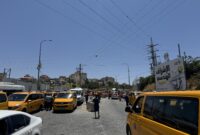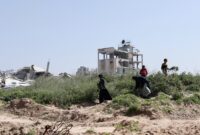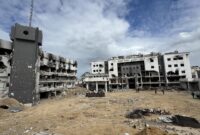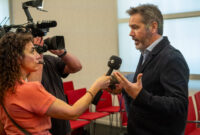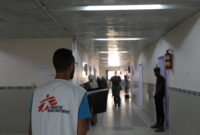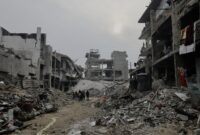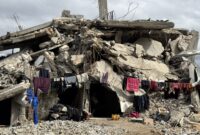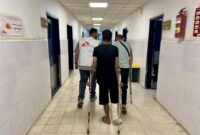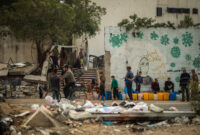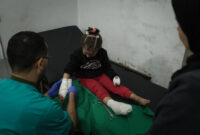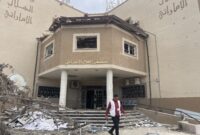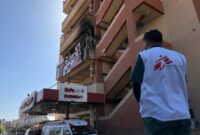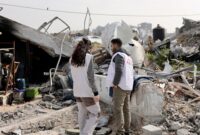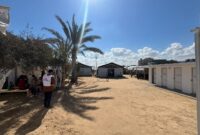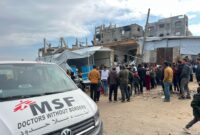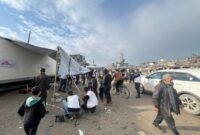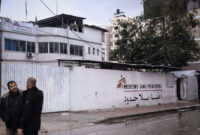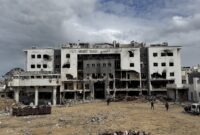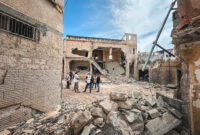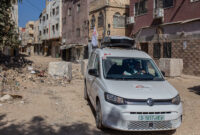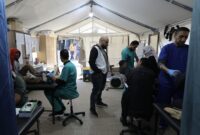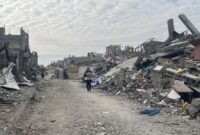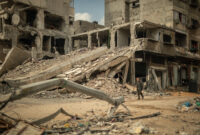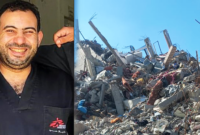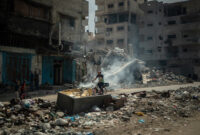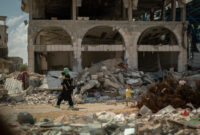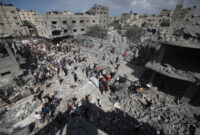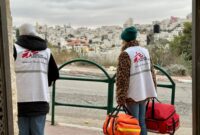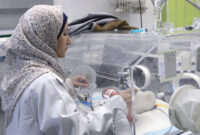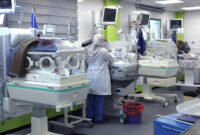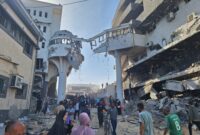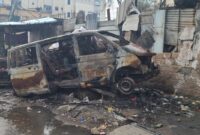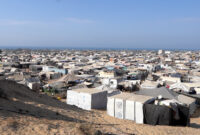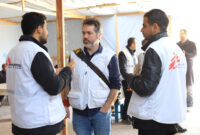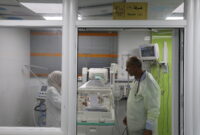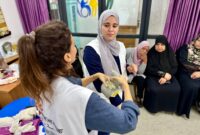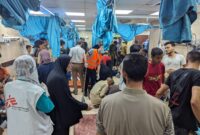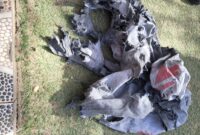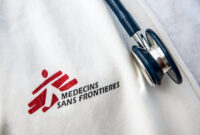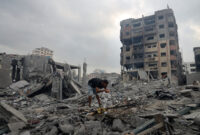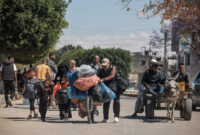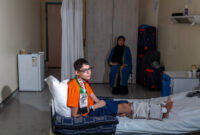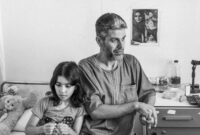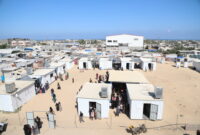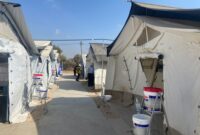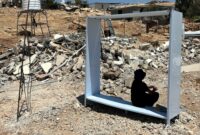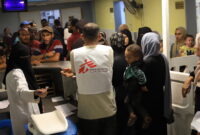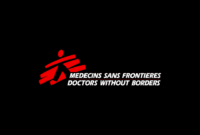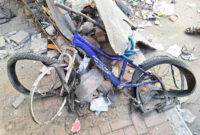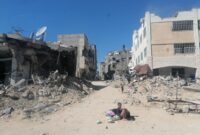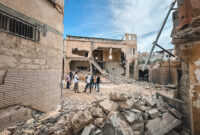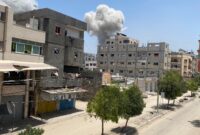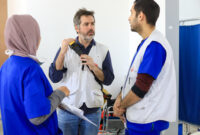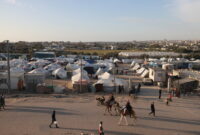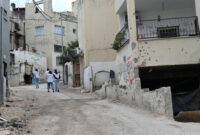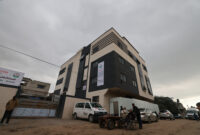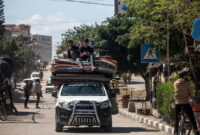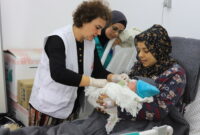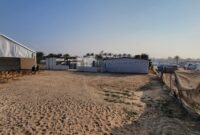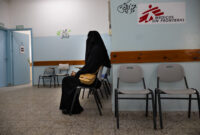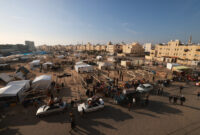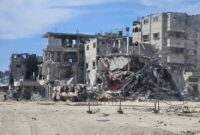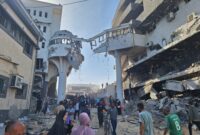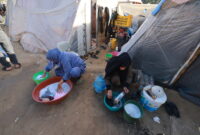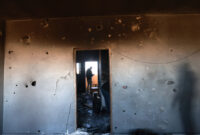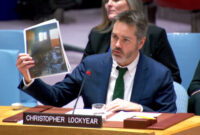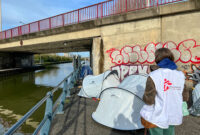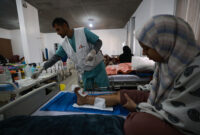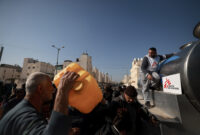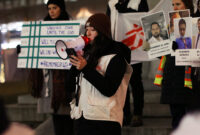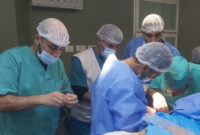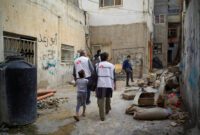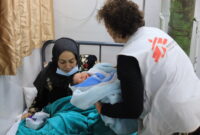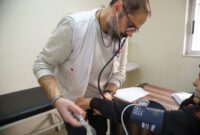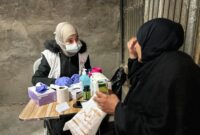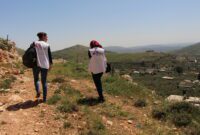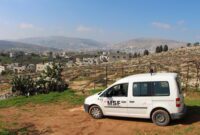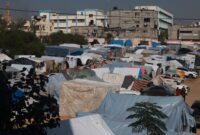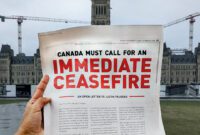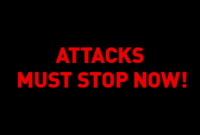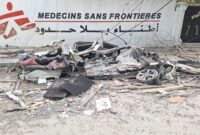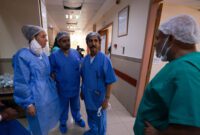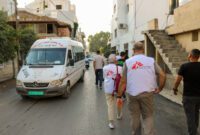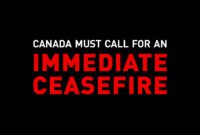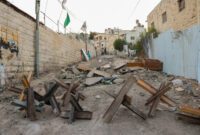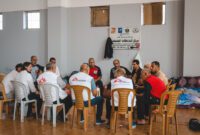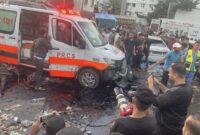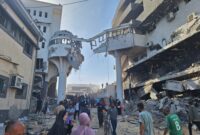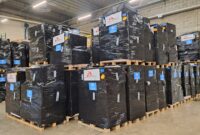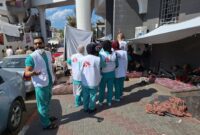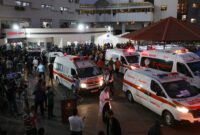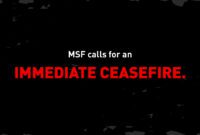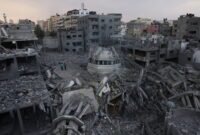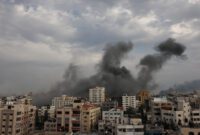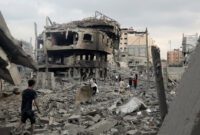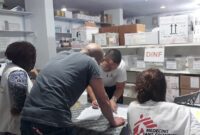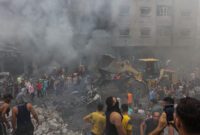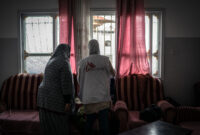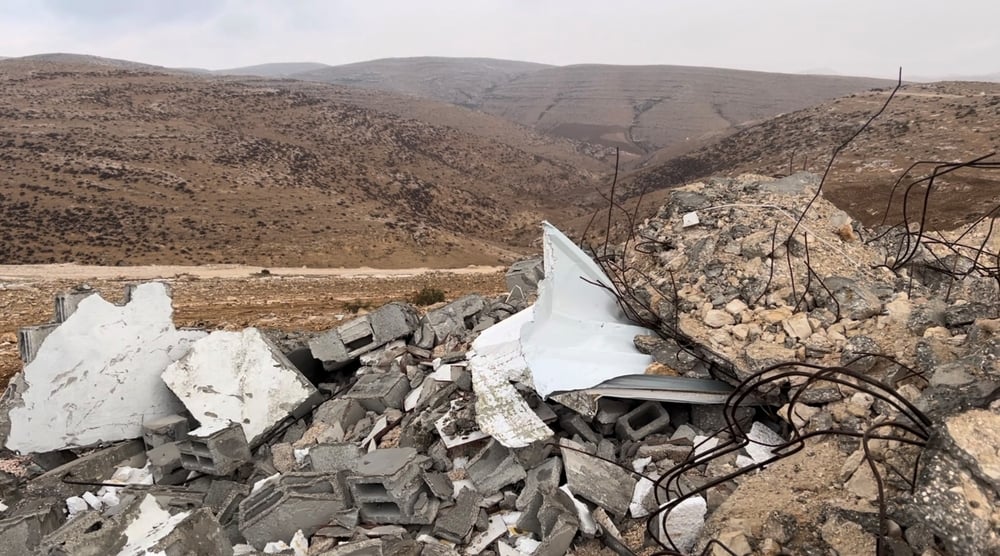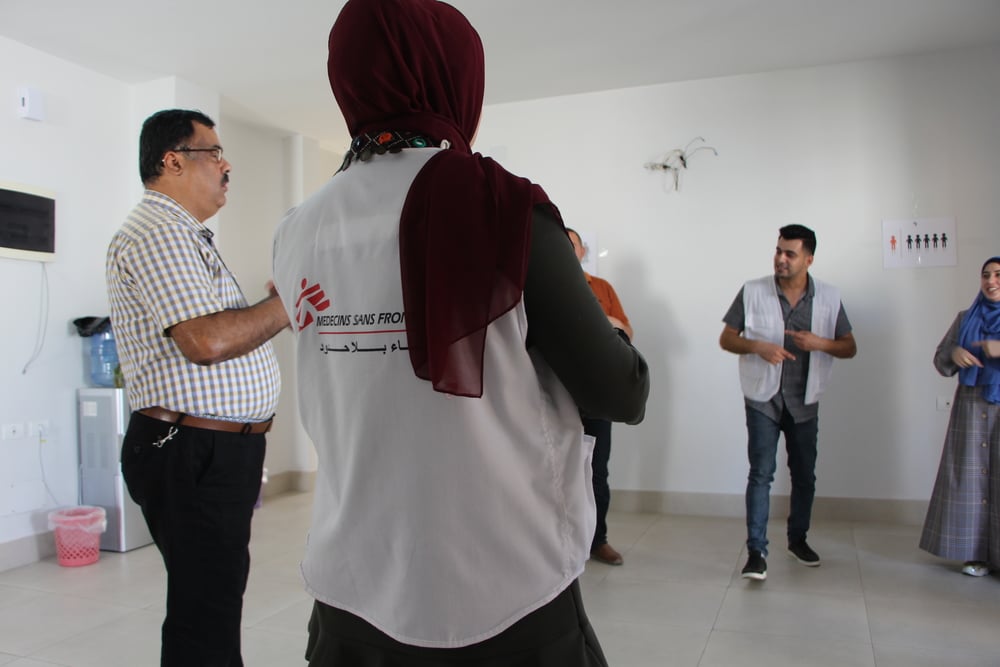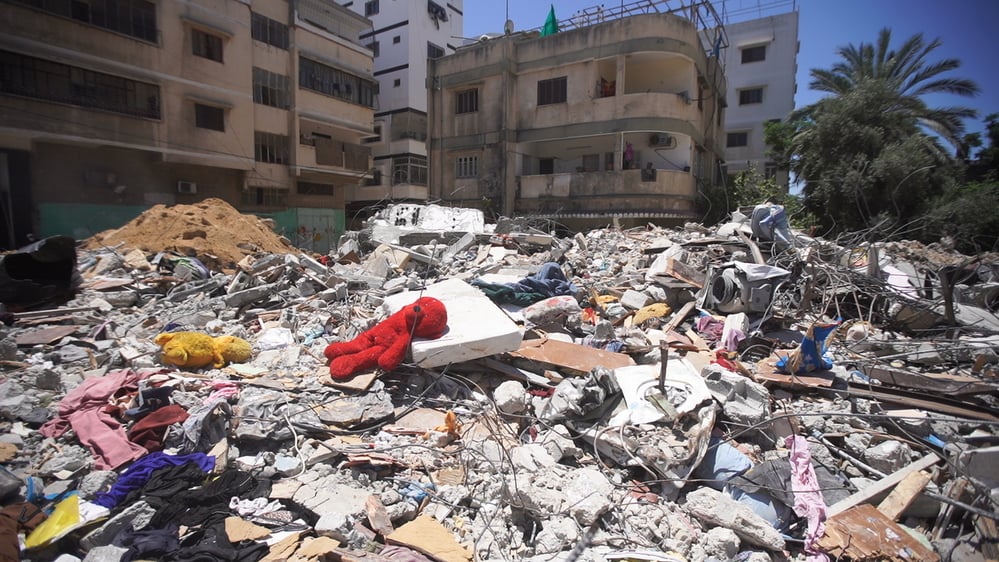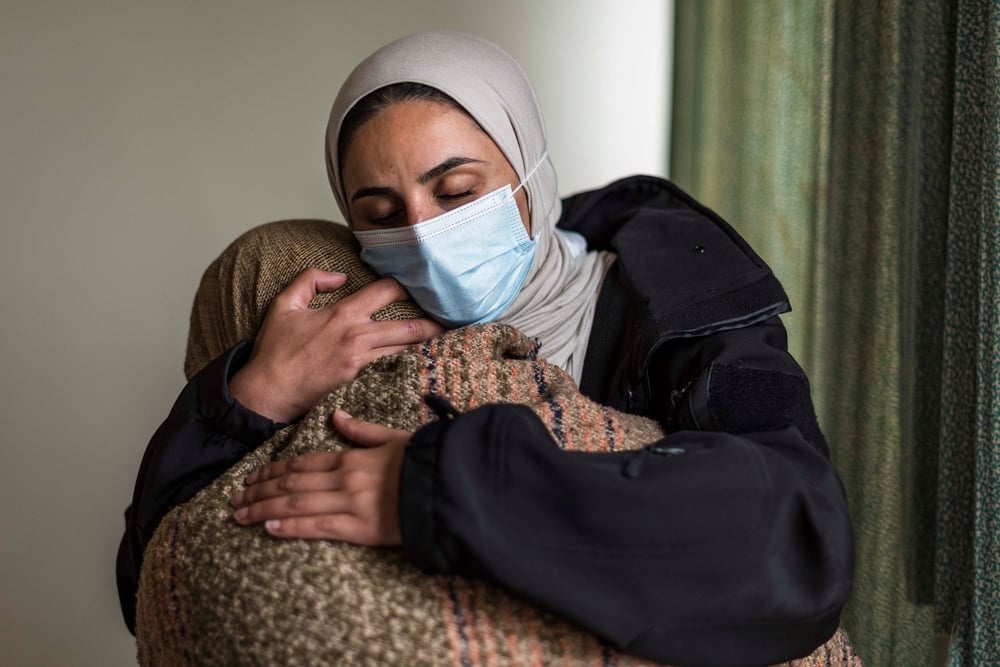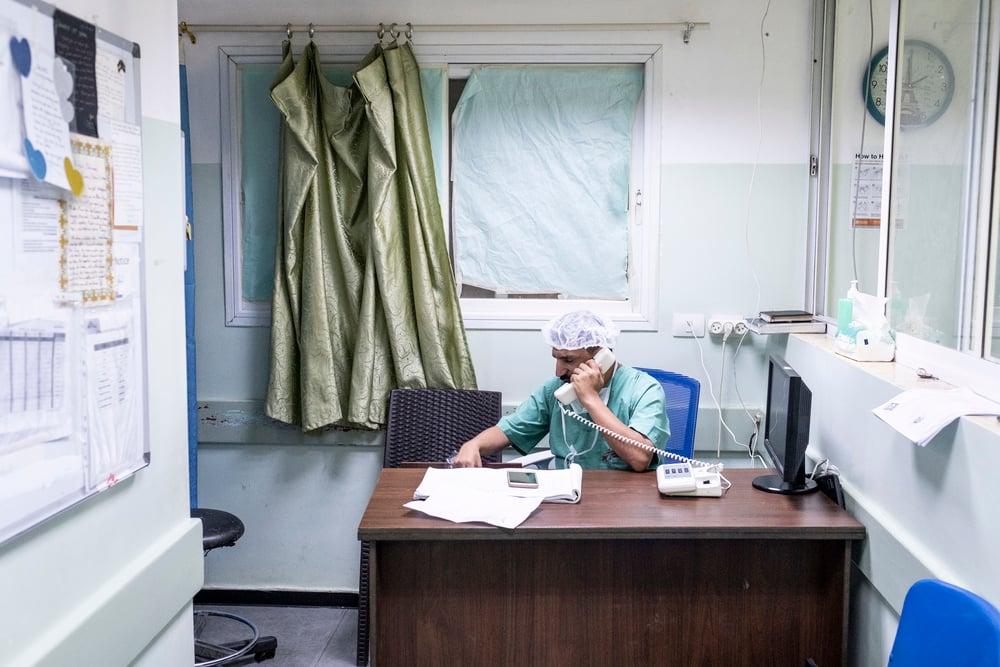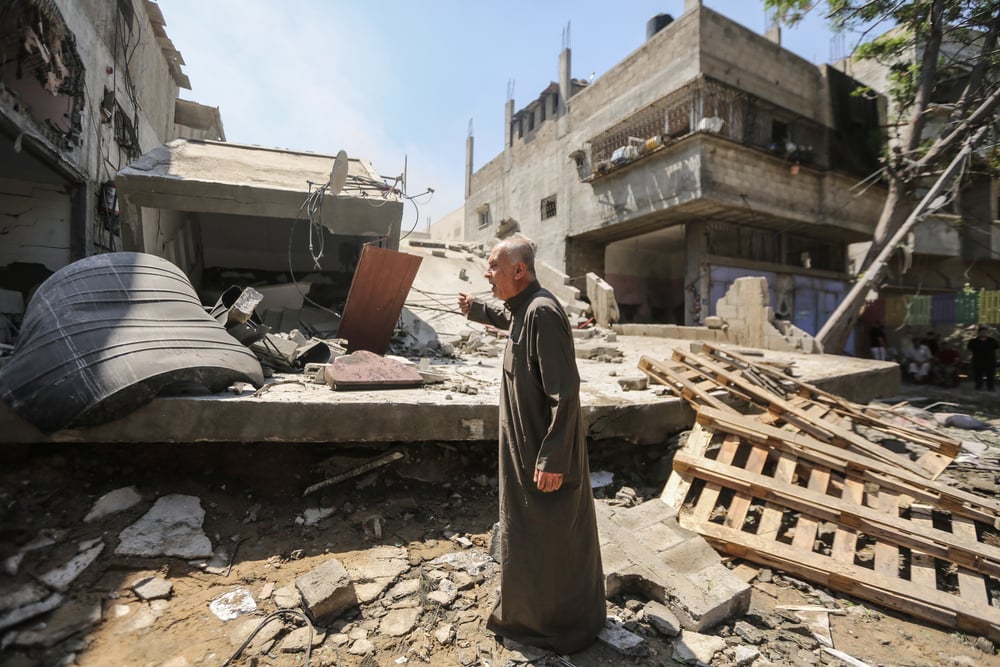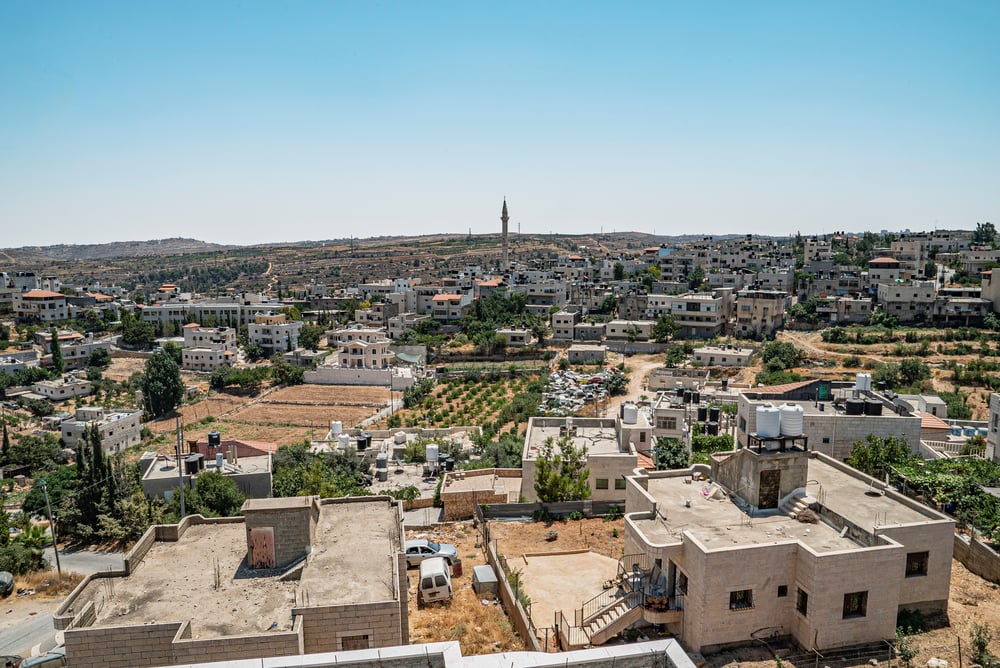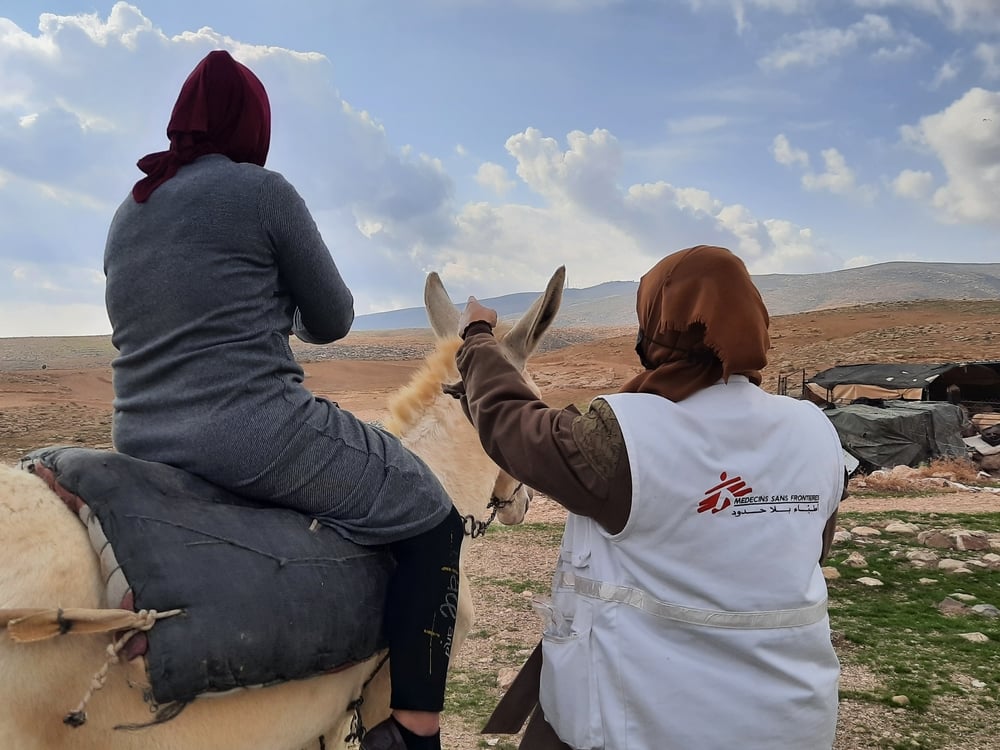COVID-19 places further pressure on Gaza’s healthcare system
Gaza is currently facing a worrying increase in the number of people with COVID-19. Between March and April, COVID-19 infections have risen at an extraordinary rate, from less than a thousand reported cases a week to over a thousand reported each day, with an alarming increase in infections among healthcare workers. This second wave has already surpassed the first in its severity and in the number of infected patients, and hospital are struggling to cope.
Israel’s long-running economic blockade has crippled Gaza’s healthcare system, depriving it of critical resources necessary to cope with disease outbreaks of any kind, particularly something as severe as COVID-19. Gaza now accounts for over 60 percent of all active COVID-19 cases in the Palestinian Territories. Only around five percent of Palestinians had been vaccinated by the end of April, with many healthcare workers having not even received their first dose of the vaccine.
The upsurge in patients with COVID-19 in Gaza has been driven by the more severe ‘UK variant’ B.1.1.7. The highly contagious variant swept through the West Bank earlier this year, overwhelming hospitals. While a subsequent increase in cases had been anticipated in Gaza following this, mounting an effective response to the pandemic remains a challenge when resources are so scarce.
Supporting local health authorities in Gaza
Since COVID-19 first arrived in the Palestinian Territories, MSF has been supporting key medical facilities and intensive care units (ICUs) in Gaza. It has provided technical advice and hands-on training in infection prevention and control, including proper waste management and cleaning processes, oxygen therapy, how to correctly use personal protective equipment (PPE). MSF has also donated essential drugs, PPE, medical equipment and consumables such as oxygen masks, tubing and other devices and tools.
“Implementing COVID-19 infection prevention and control measures is a big challenge in the facilities due to this evolving crisis where relocated staff in COVID-19 departments need more support and training,” says Rachelle Seguin, MSF medical coordinator in Gaza. “The health authorities have now increased the COVID-19 bed capacity in nine hospitals for adults and in two hospitals for children. In parallel, we are scaling up our support to alleviate the mounting pressure on an already overburdened healthcare system. Additionally, the vaccination rate among healthcare workers in Gaza is still low – approximately less than half received the vaccine, and COVID-19 misinformation and vaccine hesitancy have both been challenges in responding to this crisis.”
To help combat COVID-19 misinformation, MSF is running a Facebook campaign, where it shares accurate COVID-19 health messages across all of Gaza, reaching nearly a million people in April. These messages include information on vaccinations, prevention measures and instruction on where to go when experiencing symptoms. The campaign also gives MSF an opportunity to communicate directly through Facebook Messenger, using one-on-one conversations to address specific questions.
Maintaining essential health services is critical
The COVID-19 pandemic directly impacted MSF’s ability to provide timely, essential care to the patients benefitting from its usual activities. It has impacted access to care for patients who needed important surgery, worsening their situation and extending their already long and uncertain path towards recovery. MSF was forced to adapt its regular activities and reduce its non-urgent services to reinforce infection preventive and control measures in its facilities and to free up extra beds for COVID-19 patients in some of the hospitals where MSF works.
MSF has been providing surgical and post-surgical assistance to victims of burns and trauma in Gaza for almost 15 years. In 2018, it began offering reconstructive and orthopaedic surgery, dressing changes, physiotherapy, health education and psychosocial support to thousands of Gazans injured in the Great March of Return protests. Many have complex and severe wounds that require repeated surgical interventions, treatment for infections and intense levels of follow-up and rehabilitation. MSF’s project is crucial since Gaza’s local healthcare system is overstretched and underfunded, and deeply impacted by over a decade of blockade.




